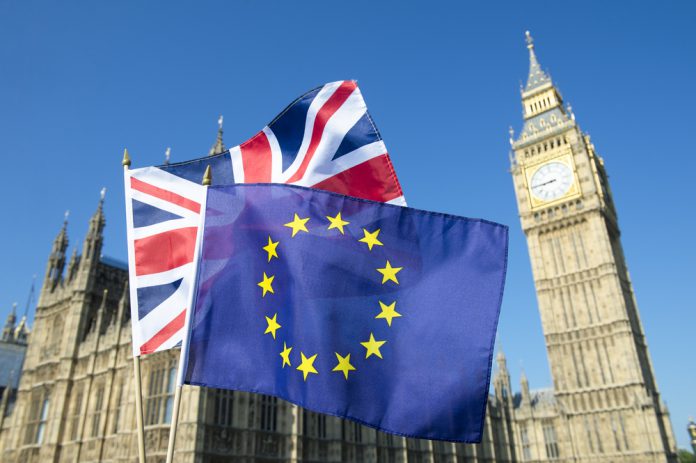
Brexit negotiations can move onto phase two after EU leaders ruled that sufficient progress had been made.
The second phase of talks will surround Britain’s transition phase under which the UK will continue to abide by EU law for around two years.
Donald Tusk, president of the European Council, took to Twitter to congratulate Theresa May on her progress.
May has received recognition from EU leaders over the negotiations and progress made over the past few months. Angela Merkel encouraged fellow leaders to give May a round of applause after a short address to the leaders’ dinner on Thursday.
“Some of us thought, including me, that she did make a big effort and this has to be recognised,” said Jean-Claude Juncker, president of the European Commission after the dinner.
“Some of us thought, including me, that she did make a big effort and this has to be recognised. The second phase will be significantly harder than the first and the first was very difficult.”
The Prime Minister now has three months to find an agreement with her cabinet on the UK government’s vision of a future trade deal. After this three month period, talks with EU leaders will begin.
The UK government has insisted that a detailed trade deal can be agreed on before the transition period. Critics believe this is not likely and all we can hope for is a general framework, such as “Canada plus”.
Ireland’s border is still expected to creep up within phase two of the Brexit discussions. The UK is hoping to come up with its proposed technical solutions to the border that satisfy both Dublin and Brussels. If it fails, either a hard border will be imposed or the UK will have to fully align itself with the single market and customs rules.
